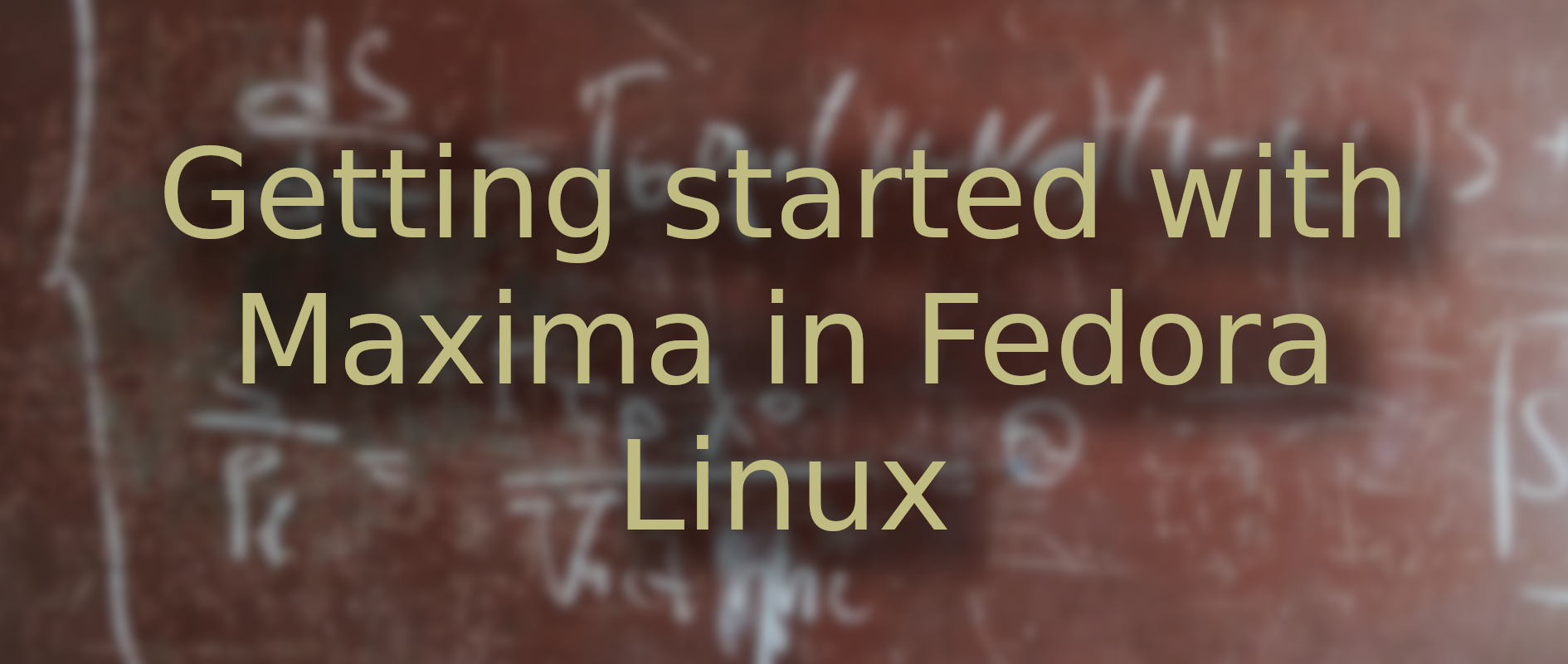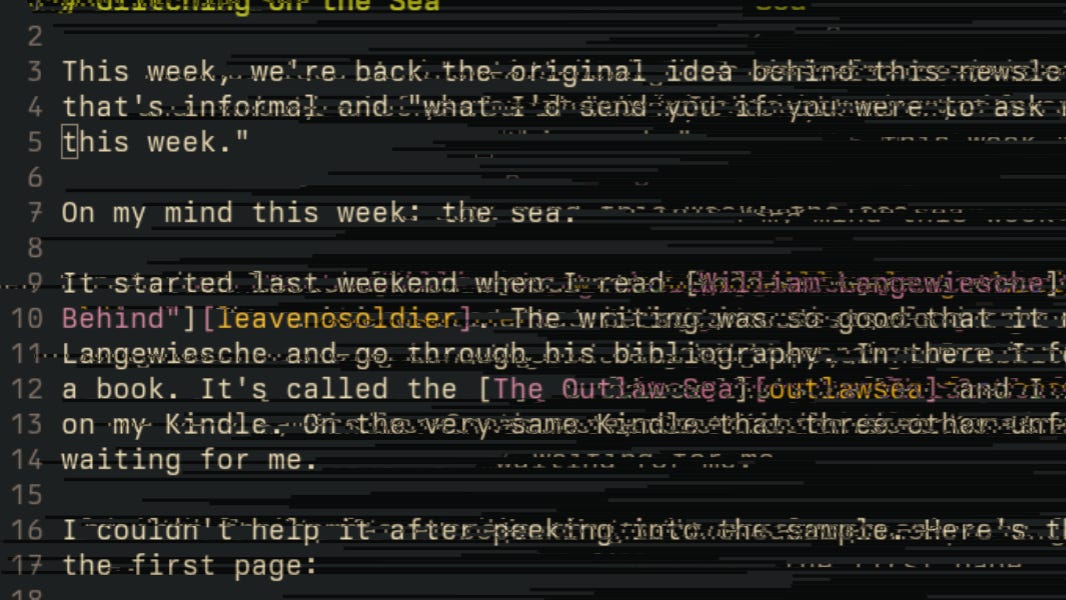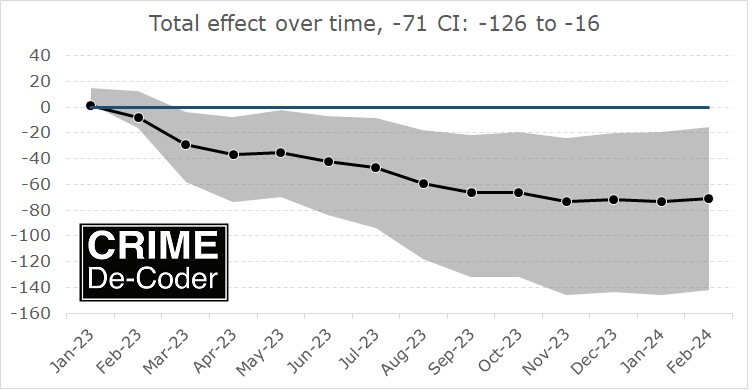What is the difference between an expression and a statement in Python?
Expressions only contain identifiers, literals and operators, where operators include arithmetic and boolean operators, the function call operator () the subscription operator [] and similar, and can be reduced to some kind of "value", which can be any Python object. Examples:
Statements (see 1, 2), on the other hand, are everything that can make up a line (or several lines) of Python code. Note that expressions are statements as well. Examples:
expression: Mathematics a collection of symbols that jointly express a quantity : the expression for the circumference of a circle is 2πr.
In Python, expressions are covered extensively in the Python Language Reference In general, expressions in Python are composed of a syntactically legal combination of Atoms, Primaries and Operators.
Literals and syntactically correct combinations with Operators and built-in functions or the call of a user-written functions:



















